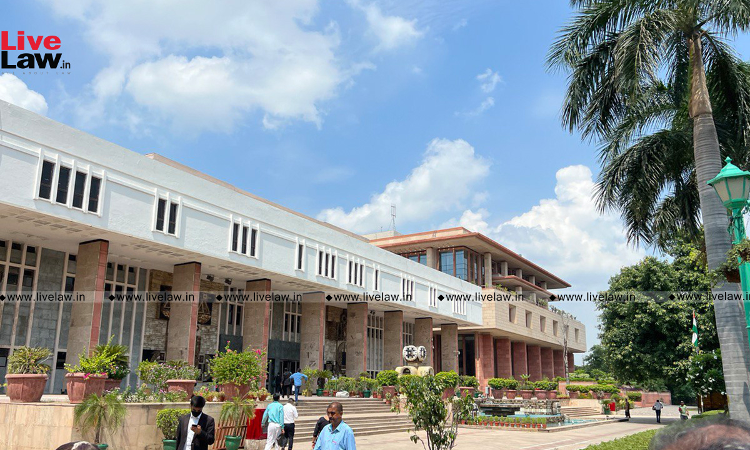TPO Lacks Jurisdiction To Question Commercial Expediency Or Genuineness Of Need: Delhi High Court
Mariya Paliwala
12 July 2024 9:50 PM IST

Next Story
12 July 2024 9:50 PM IST
The Delhi High Court has held that the statutory authority conferred upon the Transfer Pricing Officer (TPO) can only extend to an examination of the appropriateness of the method adopted for the purposes of determining arm's length pricing (ALP) or evaluating the enlistment of comparables. However, the TPO would neither be justified nor could it be countenanced to have the jurisdiction...
